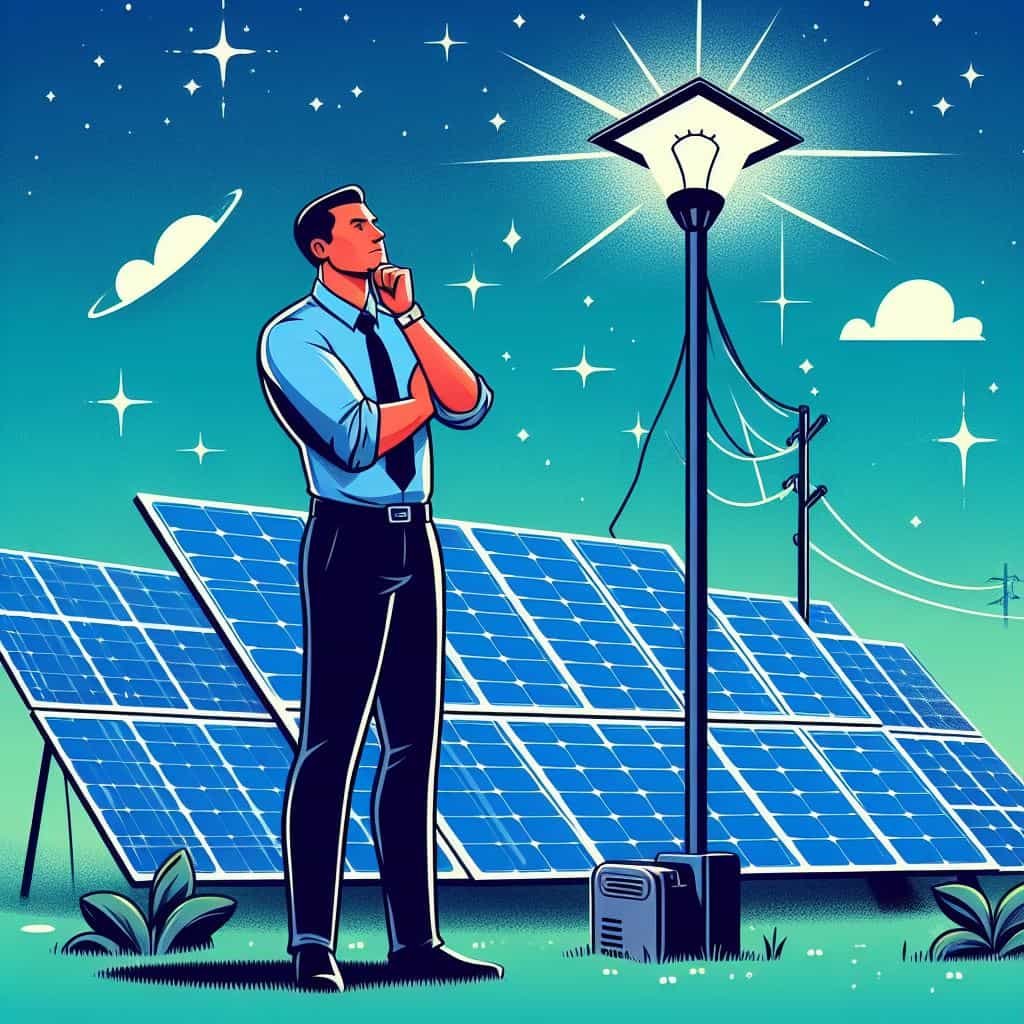Solar yard lights are a great addition to any outdoor place because they are both energy-efficient and good for the environment. But dust, dirt, and other particles can build up on the solar panels over time, making them less effective. To keep your yard lights shining brightly, they need to be cleaned regularly. These instructions will show you easy ways to clean the solar panels on your yard lights so they keep working at their best.
Step 1: Get your stuff together
Before you start cleaning your solar panels, gather the necessary materials. You’ll need:
- Mild Soap or Detergent: Choose a gentle soap or detergent to avoid damaging the solar panels.
- Soft Cloth or Sponge: Use a soft cloth or sponge to scrub away dirt and grime without scratching the surface.
- Water Hose or Bucket: You’ll need water to rinse off the panels after cleaning.
- Squeegee or Soft Bristle Brush: A squeegee or soft brush can help remove stubborn dirt and water stains.
- Ladder: Depending on the height of your yard lights, you may need a ladder to reach the solar panels safely.
- Microfiber Cloth: Use a microfiber cloth for a final polish and to prevent streaks on the panels.
Step 2: Turn off the lights in the yard.
First, safety! To keep yourself safe, turn off the yard lights before you start cleaning. Most solar lights are easy to use because they have a switch on the box or a remote control. Before you start cleaning, make sure the lights are turned off.
Step 3: Get rid of any loose trash
First, take off any loose items from the solar cells, like leaves, twigs, or dust. The top dirt can be swept away with your hands or a soft brush. To keep the panels from getting scratched, be careful not to put too much pressure on them.
Step 4: Get the cleaning solution ready.
In a bucket, mix a little water with light soap or detergent. If there is dirt or grime that won’t come off, this treatment will help. Do not use rough chemicals or cleaners on the panels; they can hurt them and make them less effective over time.
Step 5: Clean the Solar Panels
Brush the solar panels’ surface with the soft cloth or sponge that has been dipped in the washing water. Pay attention to spots where dirt or stains can be seen. Take your time to clean everything well, but don’t use too much force. Use a soft bristle brush to get rid of tough spots.
Step 6: Use water to rinse.
After you clean the solar panels, use a water hose or a bucket of clean water to rinse them well. Make sure that the panels don’t have any soap left on them. This step is very important to keep soap from building up on the solar panels, which can make them less able to absorb sunshine.
Step 7: Use a squeegee or soft brush to wipe it down.
Clean the solar panels with a scraper or a soft brush to get rid of extra water. This will give you a flat finish. Direct the water away from the walls as you work your way down from the top. This step keeps the panels from getting water spots and helps them dry quickly.
Step 8: Use a microfiber cloth to dry and shine the car.
Set the solar panels aside to dry for a few minutes. After that, use a microfibre cloth to make the surface smooth. This will get rid of any water spots that are still there and make the walls look clean. Before turning on the yard lights again, make sure the panels are totally dry.
Step 9: Look for damage
Take the time to look at the solar panels for damage like cracks or scratches while you are cleaning them. If you find any problems, you should call the maker to get advice on how to fix or replace them.
Step 10: Put the yard lights back on.
You can turn on your yard lights again once the solar panels are clean, dry, and in good shape. Enjoy how much brighter and more efficiently your well-kept solar-powered lights work.
Conclusion
Regular care, like cleaning the solar panels, is important to make sure that your yard lights work well and last a long time. By doing these easy things, you can keep your solar panels clean and free of trash, so they can absorb as much sunlight as possible and light up your outdoor space well. You can enjoy well-lit nights in your yard for years to come with a little work.






Leave a comment
You must be logged in to post a comment.